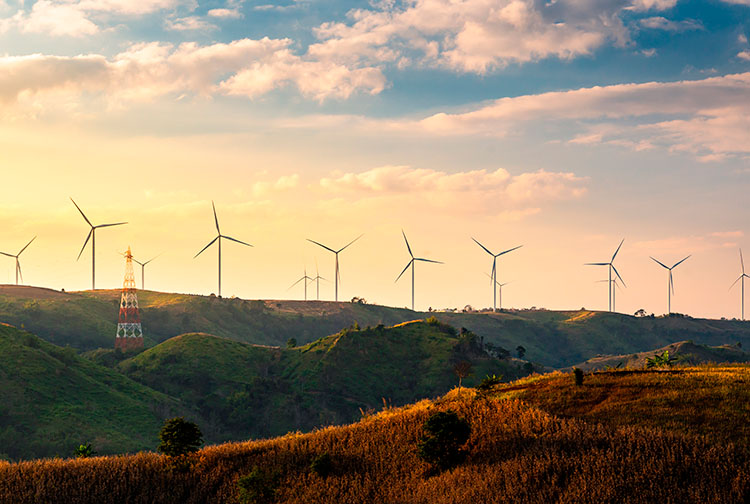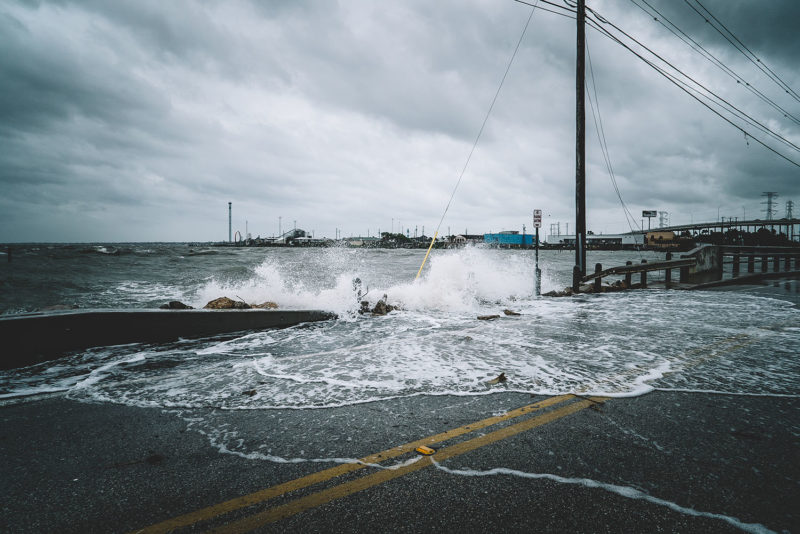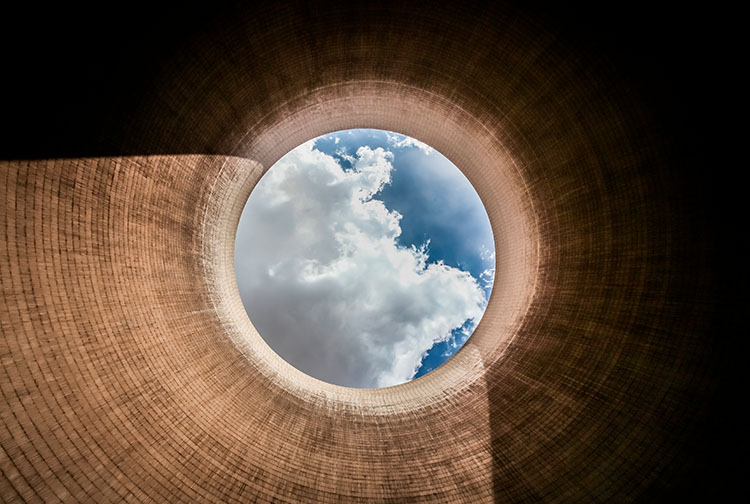

Who is going to pay for climate change?
The world’s most industrialised countries have been locked in a fierce battle with the world’s poorest at COP27 in Egypt over the climate change bill. Rich nations are reluctant to take full responsibility for increasingly extreme natural disasters caused by global warming.
Beyond the measures countries are willing to take to limit global warming to 1.5°C, the big issue at the climate summit in Egypt (COP27) has been who should pay for climate change disasters and how those funds are articulated.
The least industrialised countries, which in many cases are experiencing the devastating effects of rising global temperatures, are demanding solidarity from rich countries, which have contributed the most to global warming. The aim is to address what is known in climate negotiations as “loss and damage” caused by natural disasters associated with climate change.
This summer’s floods in Pakistan, for example, left 1,700 people dead and more than 40 billion euros in economic losses. And extreme drought in recent months in parts of Africa has brought millions of people to the brink of starvation. Scientists agree that climate change is responsible for the virulence of these catastrophic events.
A long-standing demand
At the Cancun summit in 2010, some of the world’s most industrialised countries, led by the United States, agreed to pay for climate change adaptation and mitigation projects in poor nations. To this end, they pledged $30 billion in ‘fast-start’ finance for 2010-2012 and $100 billion a year from 2020 onwards.
However, rich countries have fallen short. By 2020, the total amount provided was estimated at $83 billion, often in the form of loans rather than grants. Most surprisingly, the contribution of a country like the United States was less than $3 billion. This is a ridiculous amount considering its relative emissions, population size and wealth.
Moreover, mitigation projects have received twice as much funding as those focused on adaptation, even though experts are calling for a better balance. At last year’s Glasgow summit, rich countries were urged to increase funding for adaptation projects to at least $40 billion.
In this vein, a coalition of countries led by the US and Japan announced at the G20 meeting in Bali that it will invest $20 billion to drastically reduce the coal dependence of Indonesia, the fifth largest emitter of greenhouse gases. It is a similar plan to the one underway in South Africa to replace coal with renewable energy.
A “loss and damage” fund
The most vulnerable nations believe that the amounts contributed by rich countries fall far short of what would be needed to compensate for the damage caused by climate change. They are therefore calling for a substantial increase in these contributions to compensate for loss and damage.
The V20, or Vulnerable Twenty, made up of the nations most threatened by global warming, estimate that they have lost $525 billion over the past two decades due to climate change, which is almost one-fifth of their wealth.
Rich countries have been as resistant as possible to climate agreements including the word ‘offsetting’ or any other term that connotes legal liability. Nor have they been inclined to create such a specific fund dedicated to loss and damage. But at least during COP27 they have shown a willingness to discuss it, which is a step forward.
How could it be financed? As some experts point out, a tax of ten dollars for every tonne of CO₂ generated would raise around 60 billion dollars a year in the United States alone. Unfortunately, however, many are concerned that the potential support would come out of existing foreign aid budgets, as was the case when the UK set up the International Climate Fund.
If you want to wash your clothes without polluting the planet, 11Onze Recommends Natulim.
Leave a Reply
You must be logged in to post a comment.





Gràcies!
Cimera = passar l’estona.
Avions amunt i avall, grans hotels, pastes i tè o cafè a mig dematí. Copets a l’esquena dels febles o menys espavilats fent-los creure que són importants i foto de família. Es tot el que se’n pot esperar. Quan pugen a l’avió de tornada el que primer busquen els “liders” és com escapolir-se del que han signat.
Si Mercè, una vergonya, ja només la intenció d’anar-hi per quedar bé i a sobre alguns que ho fan amb jet privat amb la petjada ecològica que això suposa.
Es vergonyós q els països q més incidència tenen en el canvi climàtic, siguin els q tinguin unes aportacions ridícules.
Si Manel, tot una pantomima, a veure si canvien les lleis internacionals i collen més a complir aquests tractats.